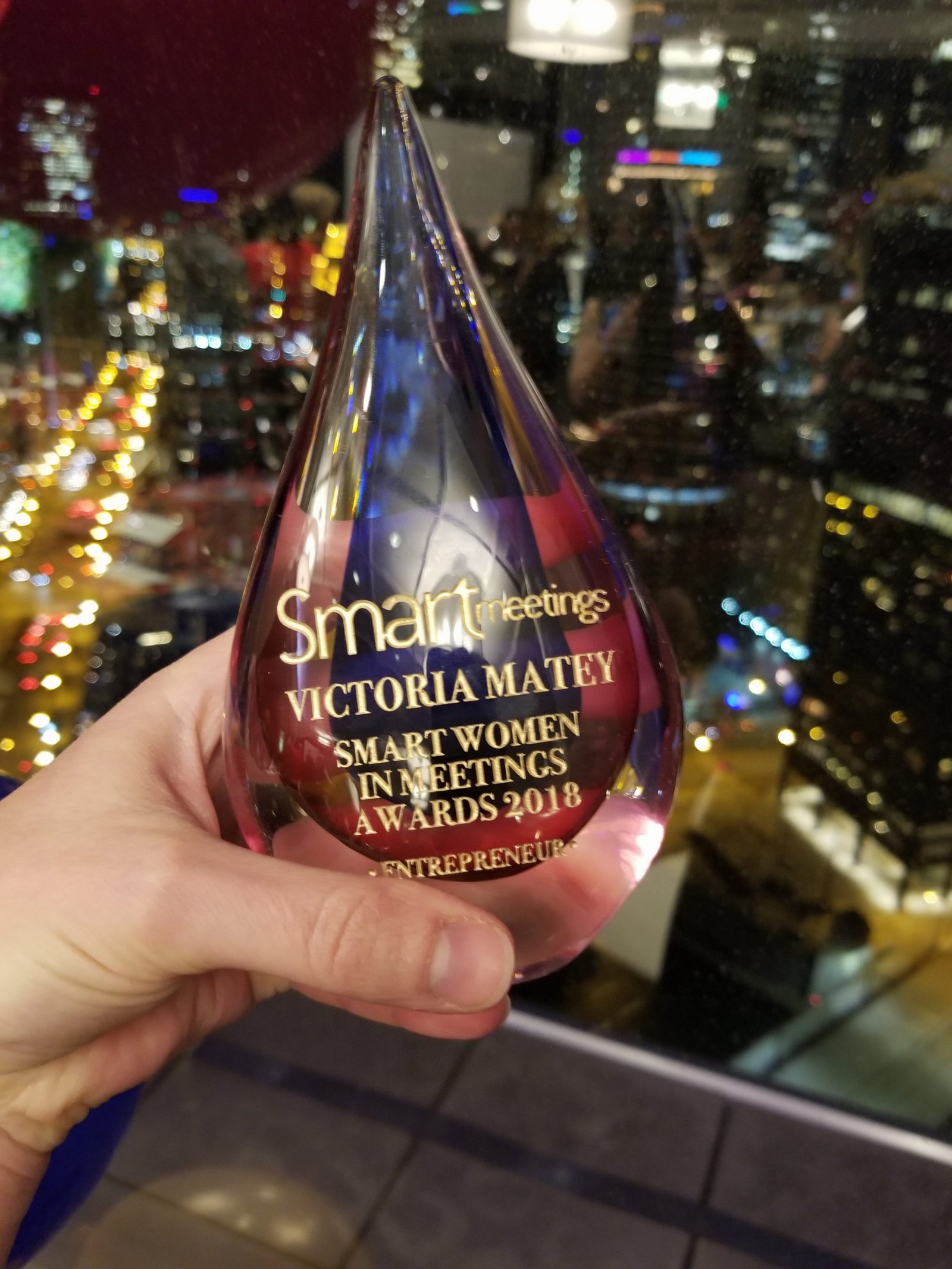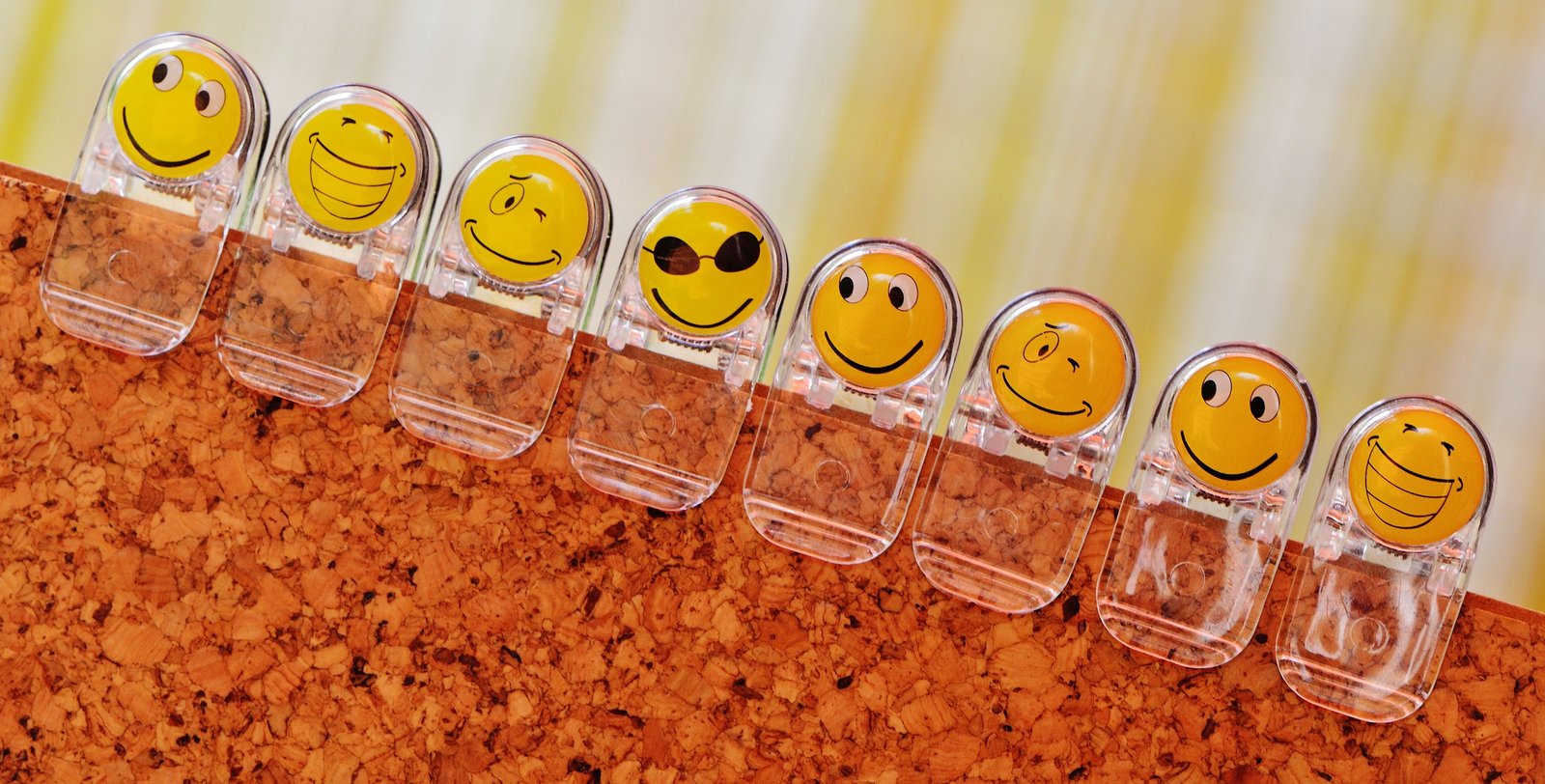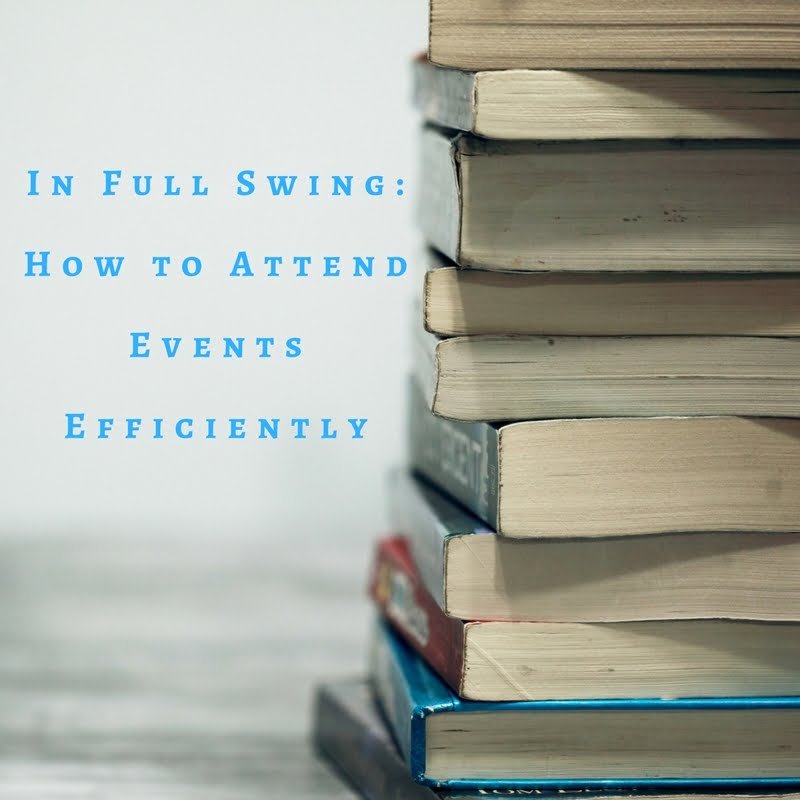9 [More] Event Industry Blogs to Follow
Events industry is thriving because there are so many bright and smart professionals involved and contributing to its development every day. Check out my newest list of resources and event industry blogs to follow this season. (more…)
(more…)
Events Psychology: Practical Tips for Event Participants
This article is originally written for and published in Forbes Russia
Event organizers constantly improve their performance and apply new ways to make an event of maximum value to participants. Psychology, sociology and neuroscience are exactly those fields that help improve events’ quality substantially. It’s no surprise though: any business event is a concentration of people’s interaction in all its diversity. Applying cognitive and behavioral sciences to planning and execution of events would help organizers to better understand and even forecast their participants’ actions and feelings.
Providing quality is a priority task, first of all, to the organisers. However, conference goers, trade show visitors and congress attendees are seeking to get max out of the event, too. So next time you’re going to the event, what can you do to make your attendance efficient based on knowledge from psychology and related sciences?

2018 ChangeMaker
Incredibly honoured and proud to be named 2018 ChangeMaker by MeetingsNet.

2018 ChangeMakers
This has come not long after Smart Meetings have recognized me as one of the Top 100 Women Who Inspire Us (and here is my post on receiving the Award).
I am over the moon, ladies and gentlemen. Recognition by the industry community is the ultimate reward!
What’s in a Title?
We all heard event planner is among 5 most stressful occupations in the world. Some of us say it with pride while others with regret. In any case we, event professionals, acknowledge it is true – but is it widely acknowledged by the world outside of the industry? I doubt it.
We also talk a lot recently about value meetings and events bring to communities and economies. We acknowledge it is a huge value and we back it up by numbers. But is it truly acknowledged by other industries, by communities, friends and families? Still not as much as it should be I’d say.
Image source: unsplash
Smart Woman Summit
I’ve recently come back from the Smart Woman Summit 2018 held in Chicago and here are my thoughts post-event.

The event turned out to be unique for me in many ways. First, since I’ve never visited or lived in the US before, this has obviously become my first ‘American’ event attended. Second, this was the first event attended that was dedicated to women in events, precisely. Third (the one I am so proud of), this event was about celebrating Awards (mine and of all other amazing women there). Oh, and of course being the only Russian-speaking event professional counts, too.
The Smart Meetings post-event article published today outlines the key action points we came up with there, for women in events. Read the full list here.

Now, I’d say the list is remarkable in that sense it is a perfect illustration of what these women I met with, are. They are like living manifestation of all points listed: staying positive, taking risks, helping others, constantly improving as professionals. It does not mean they don’t have struggles (oh yes! especially when it comes to self-care, I’d say). But this is precisely why these women are inspiring: they don’t sit still, they are all about action, each and every one going their own path.
The summit itself was about camraderie, motivation and all things women (loved my swag bag, ladies!). But you know what? I could not help but thinking that it’s even more than that. It is like looking at the mirror, not for a minute and on the go, but taking your time, looking for smallest details in yourself that can help understand and acknowledge your own pitfalls and drives and then – Get inspired. Through others. By your own self. And that’s I believe something a woman in events needs.
Emotion Analytics: living in the sci-fi times
This article originally published in MICE&More magazine (Feb 2018).
Emotions no doubt are key aspect of everybody’s life. Whether we are aware of it or not, emotions go off before our brains do, and they heavily influence our decision making in both personal and professional context. We can express emotions – and we can hide them. But even then gestures, face micro expressions, intonations, eye movement and heart rate turn us in. Now, thanks to technologies, we are on the way to sci-fi world of emotion analytics.
What is emotion analytics and how it can be applied to designing business events?

In Full Swing: How to Attend Events Efficiently
Forbes Russia has recently published my new article (the original in Russian) and I’d like to make it available in English, too. It addresses an issue of efficient participation and how an attendee is responsible for making it work almost as much as organisers are. I believe following some simple yet important rules will help everybody attending a conference or a congress gain maximum benefit out of it. Thus, by moving towards each other, and not in the opposite directions, organisers and attendees may feel and actually get the full value an event can provide.
Below is my translation of the article.

7 reasons attendees are like kids
Sometimes I seriously think event planning and parenting are very similar (just think about levels of responsibility and amount of (positive and negative) stress), and attendees are like kids. Why? Well, I came up with at least 7 reasons for that:

Event Psychology Club
Online Course
What my clients and partners say
What If I Told You..? Event Psychology podcast
2018 ChangeMaker

Victoria Matey has been chosen as 2018 ChangeMaker by MeetingsNet
Top 100 Smart Women in Meetings

Victoria Matey has been named to the Top100 Smart Women in Meetings 2018.
Recent Posts
- Featured In
- Less talk. More experiments, please.
- 3 science-backed tips for effective event networking
- Why being imperfect can make your events thrive
- How to eliminate uncertainty and make the future of events bright(er)
- Event Analytics: How Can You Measure Emotions?
- The Anatomy of a (Effective) Pre-event Email
- 5+ Event Design Lessons for Better Engagement from Nudgestock 2021
- Science-backed tips to fight zoom fatigue at events
- 6 Behavioral Science Books Every Event Planner Should Read
Archives
Recent publications
- Featured In 20.11.2023
- Less talk. More experiments, please. 28.06.2022
- 3 science-backed tips for effective event networking 06.06.2022
- Why being imperfect can make your events thrive 21.12.2021
- How to eliminate uncertainty and make the future of events bright(er) 16.09.2021

